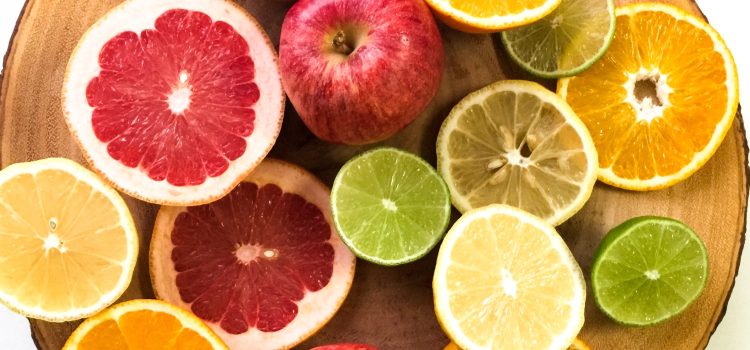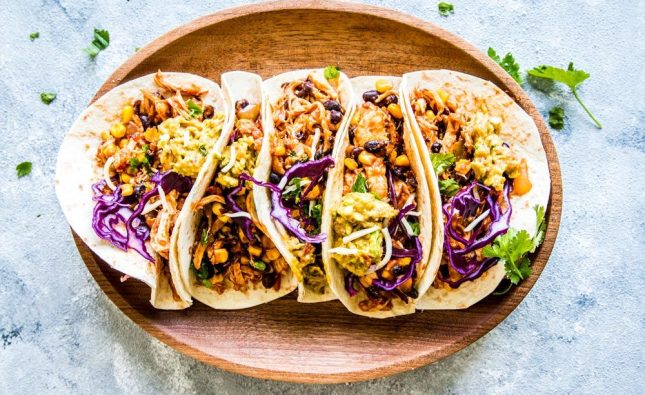
Introduction:
In our pursuit of a longer, healthier life, many of us seek the elusive “fountain of youth.” While we may not discover a magical elixir, emerging research suggests that our dietary choices play a significant role in extending our lifespan and promoting overall well-being. In this article, we explore the concept of a dietary fountain of youth and delve into the power of a nutrient-rich eating plan in achieving longevity.
The Science Behind Longevity:
Scientists have long been fascinated by the factors that contribute to a longer lifespan. One area of research that has gained considerable attention is the impact of nutrition on aging and age-related diseases. Numerous studies have shown that a nutrient-rich diet can influence cellular processes, protect against oxidative stress, and reduce the risk of chronic conditions, thereby promoting a longer and healthier life.
Key Components of a Nutrient-Rich Eating Plan:
- Plant-Based Foods: A plant-centric eating plan forms the foundation of a dietary fountain of youth. Fruits, vegetables, whole grains, legumes, nuts, and seeds are rich in essential vitamins, minerals, fiber, and antioxidants. These components work synergistically to support cellular health, boost the immune system, reduce inflammation, and protect against chronic diseases such as heart disease, diabetes, and certain types of cancer.
- Healthy Fats: Incorporating healthy fats into our diet is crucial for longevity. Omega-3 fatty acids, found in fatty fish, flaxseeds, chia seeds, and walnuts, have been associated with a reduced risk of heart disease and improved brain health. Monounsaturated fats, present in avocados, olive oil, and nuts, have been linked to longevity and a lower risk of age-related diseases.
- Lean Proteins: Including lean proteins, such as poultry, fish, legumes, and tofu, in our meals is vital for maintaining muscle mass and supporting overall health. Proteins provide essential amino acids necessary for cell repair, immune function, and hormone production. A balanced intake of protein is particularly important as we age to prevent muscle loss and promote optimal bodily functions.
- Colorful Antioxidant-Rich Foods: Consuming a variety of colorful fruits and vegetables ensures a diverse range of antioxidants in our diet. Antioxidants help neutralize free radicals and reduce oxidative stress, which can damage cells and contribute to aging. Berries, leafy greens, tomatoes, and bell peppers are excellent sources of antioxidants that support longevity.
- Mindful Eating: In addition to the types of foods we consume, how we eat plays a role in promoting a dietary fountain of youth. Practicing mindful eating involves savoring each bite, paying attention to hunger and fullness cues, and enjoying meals in a relaxed environment. Mindful eating promotes a healthy relationship with food, prevents overeating, and aids in digestion.
The Role of Caloric Restriction:
Caloric restriction, a practice of consuming fewer calories than usual while still maintaining essential nutrient intake, has shown promise in extending lifespan in various organisms, including mice and monkeys. While the direct translation to humans is still being researched, studies have suggested that reducing overall caloric intake while maintaining adequate nutrition may have beneficial effects on aging and age-related diseases.
Conclusion:
While the quest for immortality may remain elusive, extending our lifespan and promoting a vibrant, healthy life is within our grasp through a nutrient-rich eating plan. By embracing a plant-centric diet, incorporating healthy fats and lean proteins, and practicing mindful eating, we can harness the potential of a dietary fountain of youth. Remember, the choices we make at each meal have the power to shape our future health and well-being. So, let us embark on this journey to longevity, armed with the knowledge that what we put on our plates can extend our lifespan and enhance our quality of life.










